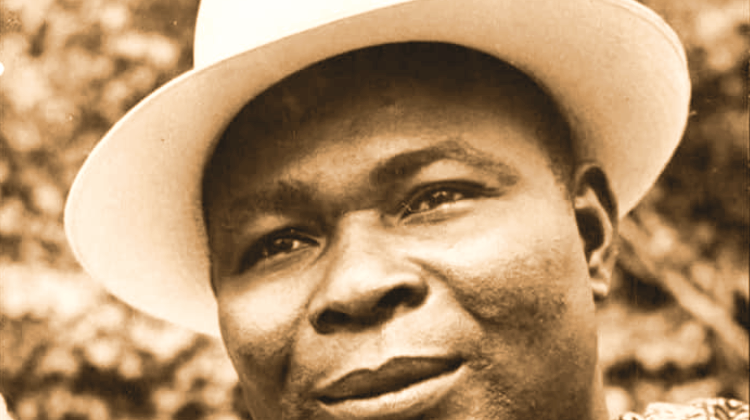
Chief Festus Okotie-Eboh stands as a towering figure in Nigeria’s political history, remembered not only for his economic contributions but also for his dedication to cultural preservation and national identity. A statesman, nationalist, and advocate for economic independence, Okotie-Eboh’s legacy is intertwined with his unwavering commitment to preserving the heritage of the Itsekiri people and Nigeria at large.
Born in 1912 in Warri, in present-day Delta State, Okotie-Eboh’s early life was marked by ambition and a keen sense of leadership. His foray into politics was a natural evolution of his business acumen, which saw him rise through the ranks of Nigeria’s financial and commercial sectors. As the country prepared for independence, he emerged as a key figure in shaping Nigeria’s economic policies.
His political career peaked when he became Nigeria’s first Minister of Finance, serving from 1957 until the military coup of 1966. During his tenure, he championed economic policies that emphasized self-sufficiency and development. His financial stewardship was instrumental in laying the foundation for Nigeria’s economic aspirations as a newly independent nation.
Beyond his contributions to Nigeria’s financial architecture, Okotie-Eboh was deeply invested in cultural preservation. As a proud son of the Itsekiri ethnic group, he recognized the importance of sustaining indigenous traditions in an era of rapid modernization. His flamboyant traditional attire, often seen in political gatherings, was not merely a personal preference but a bold statement of cultural pride, reinforcing the value of heritage in governance.
He played a pivotal role in promoting traditional Itsekiri institutions, supporting cultural festivals, and fostering the teaching of indigenous history. His belief in the power of heritage as a unifying force was evident in his initiatives to integrate cultural awareness into national consciousness.
Okotie-Eboh’s tragic assassination during the January 1966 coup marked the abrupt end of a career that had left an indelible mark on Nigeria’s political and cultural landscape. However, his legacy endures, particularly in the realms of economic policy and heritage stewardship. His contributions remain a touchstone for discussions on how traditional leadership and modern governance can coexist in an evolving society.
Today, his life serves as a testament to the idea that political service extends beyond governance—it is also about preserving the essence of a people. Chief Festus Okotie-Eboh remains a beacon of cultural identity, a reminder that the past must be honored even as the future is shaped.



Leave a Reply